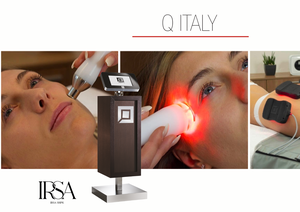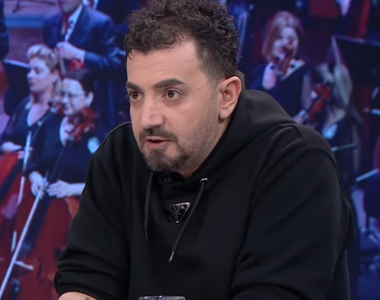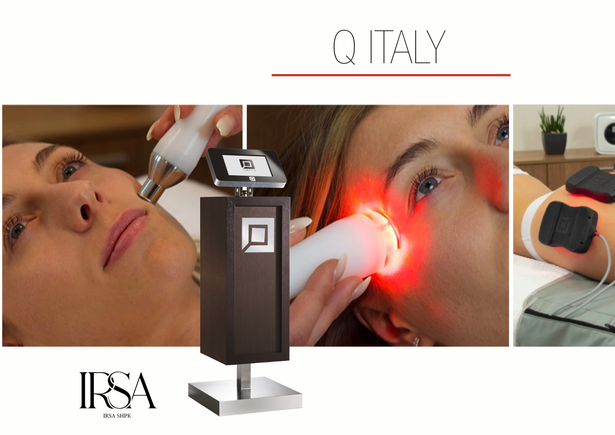
When the "reality" or "reality show" genre exploded in the late 1990s and early 2000s, people seemed to be amazed from the beginning.
It is understandable what made these programs attractive then: First, innovation.
Similar to a sports match, as a spectator, you have to choose your favorite team and enjoy when they win, comment on the match and so on.
Meanwhile, nowadays, a reality show is not something extraordinary. Starting with American programs like "The Real Housewives of Wherever", "Rich Kids of Beverly ills", "Keeping Up With The Kardashians", "Too Hot To Handle", "Love Is Blind" or "The Bachelor" up to to the Albanian ones like "Për'puthen", a program similar in idea to "Uomini e Donne", "Love Story", a reality similar to "The Bachelor", or even "Big Brother Albania", which was brought for first as a format in the Netherlands, 2 decades ago.
Not a few times, it seems to us that we just see a camera that follows some people, while they have lunch, talk, have quarrels, etc. and even often, some parts seem stuck and not "reality", but then what makes us continue to ' do we follow them again?
According to Psychology Today, the growing "fascination" with "reality" programs stems from our desire to fantasize about the prospect of easily gaining fame.
We see ordinary people doing the things of ordinary people, and we think that we too are, so we can be famous.
It is important to note, however, that this Psychology Today post was posted in 2002, during which time programs of this genre made competitive selections.
And in fact, for programs in Albania, it is again said that this is how it works, so applications are made and those that seem most suitable for the format are selected.
However, some of the participants in these programs have stated that they were invited by the production for an interview and not that they applied, which makes the above reasoning not entirely true.
Megjithatë, lidhur me këtë, Leon Festinger, psikolog social, ka një teori të “krahasimit social”. Ai shprehet:
“Ne i shohim sepse na bëjnë të ndihemi më mirë për veten tonë. Shohim drama të panevojshme, ndonjëherë intriga të çuditshme apo situate të stisura dhe jemi falenderues që nuk rrethohemi nga këto situata, ose në të kundërt e gjejmë veten te “dramat” e tyre dhe ngushëllohemi sadopak.
Në një aspekt jo dhe aq pozitiv të teorisë së krahasimit social, ne shohim se si keqkuptimet apo problemet e këtyre njerëzve zgjidhen brenda 30 minutash ose në rastin më të keq, për 2 episode. Në jetën e vërtetë, nuk ndodh gjithmonë kështu dhe në këtë rast, mund të ndihemi më keq.
"Reality" programs have slowly and steadily dominated our screens and because we are so exposed to these characters, they become, in a way, our friends, not in the traditional sense. We just "get used to them".
Another factor that can make viewers feel so close to these characters is the concept of friendship, which has changed and undergone shifts over the years.
Now, you can see everything that is happening with your childhood friend through Instagram and Facebook, without writing to her at all and without having to ask. In the same way, people "make friends" with the participants of reality programs.
It is important to understand that in most cases, the purpose of a reality show is entertainment and after all, who does not like to have fun?







